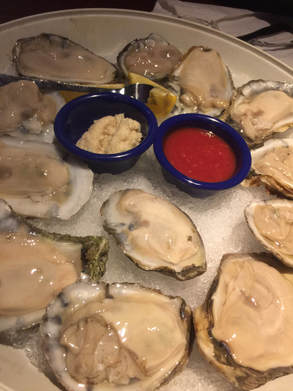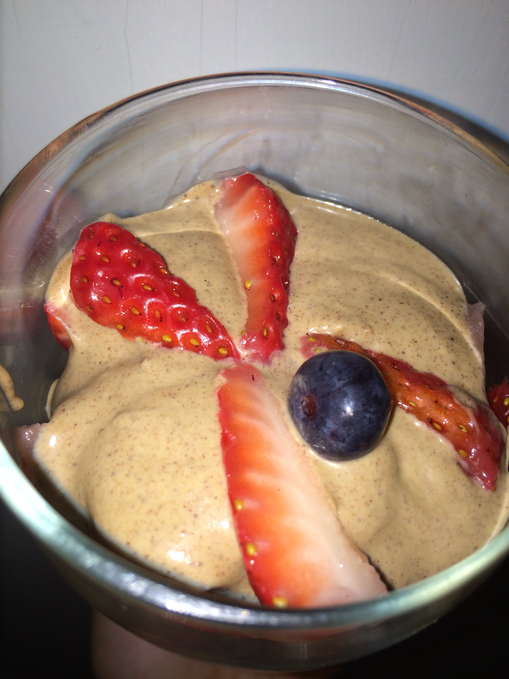
Are strawberries good or bad for me? Should I drink coffee for enhanced performance? Is whole wheat good or bad? What about butter? I'm confused about meat and eggs, as they were deemed bad, then good, and now bad again. What should I eat and when?
Does this sound like the conversation in your head when you are at the grocery store or when preparing a meal? There are so many new studies coming out that dispel the old dogma of the advice from the medical community from the past 70 years. We must look at the funding source of the studies to see where the bias lies. And we must see how many people were studied, if in a clinical setting. Finally, we must see how long the studies were carried out.
When it it comes to food, there are general agreements. Dark, leafy greens are good for us. Eat brightly colored vegetables, and buy organic when we can afford them. If eating meats, consume grass fed and grass finished, pasture raised options. Wild caught fish and seafood is generally considered healthier for us than the farmed variety.
Within in those parameters, however, we must look at the individual chemistry of each person consuming the food to see if it is suitable for their body. This is called bioindividuality. For example, if I encourage my client to eat tomatoes for the vitamin C and phytochemicals, but they break out after eating them, then perhaps for his or her individual body chemistry, he or she shouldn't eat tomatoes. If he or she is are suffering from an autoimmune disease and is on an autoimmune protocol, one should avoid night shades and therefore should not eat tomatoes because tomatoes are part of the nightshade family.
If if there is an adverse reaction to a food, no matter how healthy it is, we must listen to the message our body is communicating to us. It's not rocket science. It's bioindividuality.
Coffee helps performance when running or lifting weights but if it gives me the jitters, makes me sweat uncontrollably, or makes my heart race and I feel super anxious, perhaps I may not be the type to have coffee before my work outs. We must also be aware that the body changes over time. When I was in my 20s I could have 8 cups of coffee daily, even before bed, and fell asleep just fine. Now, in my 50s, if I have coffee past 6 pm, I will be up until 4 am without sleep. Our bioindividuality shifts as we age. We must honor ourselves or suffer the consequences.
I hope this helps you on your wellness journey. It certainly has helped me!
Blessings,
KJ Landis


 RSS Feed
RSS Feed